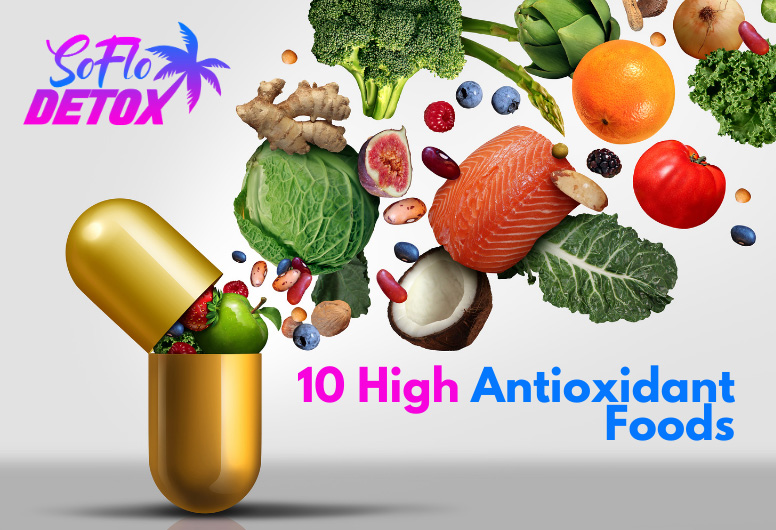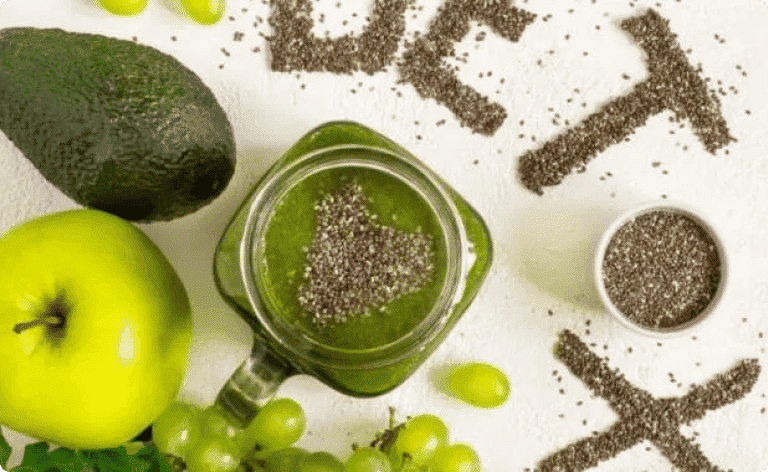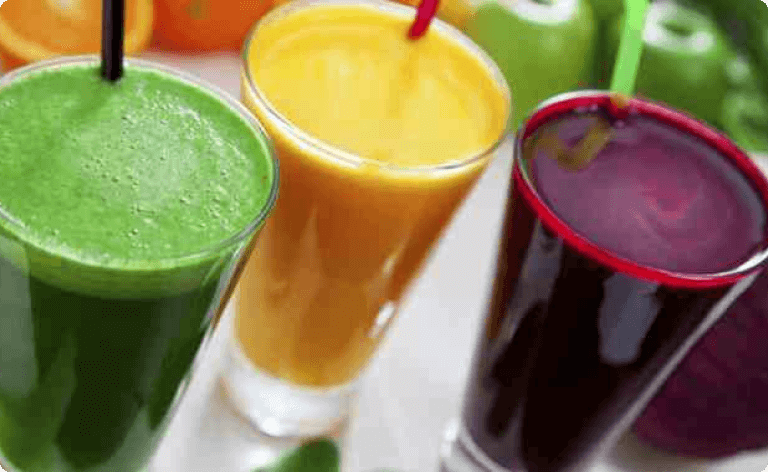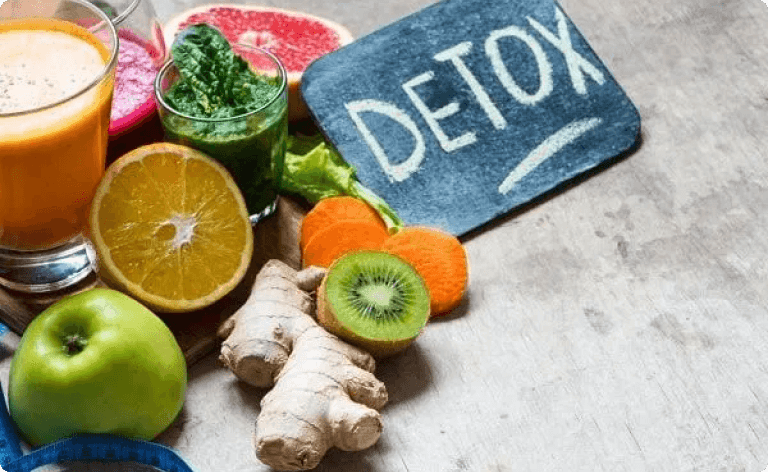To help keep your waistline slim, your heart happy, and your brain sharp, reach for these highly nutritious foods!
10 foods high in antioxidants. Most natural foods contain at least some antioxidants but fruit and vegetables are the best sources of antioxidants. While you can get them in supplements, antioxidants from plant-based sources as opposed to ones synthesized in a lab.
1 Blueberries, Which May Help Fend Off Heart Disease

2 Broccoli, Which May Play a Role in Fighting Cancer

Like other dark, leafy vegetables, broccoli is a nutritional powerhouse. Broccoli is rich in phenolics, a type of chemical produced by plants to help protect them against oxidative stress. Phenolics are important for human health, too. Because these compounds are high in both antioxidants and anti-cancer properties, they may protect against disease, inflammation, and allergies.
3 Walnuts, Which May Help Slim Your Waistline

Rich in fiber, protein, and unsaturated fats, nuts make a great snack food. But if you had to dub one nut the healthiest (at least in terms of how much bang you get for your buck, nutrition-wise), it would be the walnut. Used in traditional Chinese medicine for brain health (walnuts have an uncanny resemblance to the human brain), walnuts help keep brain cells healthy and may play a role in improving memory.
Like all raw, unsalted nuts, walnuts are heart-healthy thanks to their polyunsaturated and monounsaturated fats. Eating in moderation may help you blast belly fat, thereby reducing your risk for type 2 diabetes and heart disease.
But what makes walnuts really shine is their high polyphenol content. These compounds work with antioxidants to prevent oxidative stress, and may help with inflammation, weight control, and the prevention of diseases such as cancer.
4 Spinach, Which May Improve Your Eyesight

A relative of the beetroot, spinach is a low-calorie veggie loaded with nutrients that may promote bone, eye, and hair health. In particular, there’s evidence linking lutein — a carotenoid found in spinach that also gives carrots their orange hue — to promoting eye health and preventing age-related macular degeneration. Because lutein also functions as an antioxidant, spinach may also improve heart health and decrease the risk of cancer.
5 Potatoes, Which May Protect Your Brain and Lower Blood Pressure

Potatoes get a bad rap because they’re high in carbs, but these tuberous vegetables are actually chock-full of vitamins and minerals. (And sorry: While delicious, potato spinoffs — we’re looking at you, potato chips and french fries — don’t count.)
To reap the health benefits, aim for more colorful spuds, like sweet potatoes or purple potatoes; just like any other fruit and veggie as noted earlier, a more colorful potato means a higher concentration of antioxidants. The antioxidants in potatoes may help lower blood pressure, the risk of heart disease, cancer, and neurodegenerative diseases.
6 Green Tea, Which May Offer Protection From Infection

Walk into almost any coffee shop and you’ll likely see some sort of featured green tea drink.
Green tea’s has anti-inflammatory, anticarcinogenic, and antimicrobial properties. What sets green tea apart from other teas is the high number of catechins, a type of phytochemical that acts as a powerful antioxidant. These catechins are known to be antimicrobial agents has the ability to potentially help treat and prevent infectious diseases.
7 Strawberries, Which Are a Fruit That May Help Prevent Type 2 Diabetes

8 Beans, Which Offer a Healthy Source of Plant-Based Protein

9 Oats, Which May Help You Lose Weight and Boost Heart Health

This might as well be the Year of the Oat, as we’ve seen a resurgence of the cereal grain in the form of milk, flour, granola, beauty products, and even dog treats.
Whole oats are hives of antioxidant activity, which may help reduce chronic inflammation linked to heart disease and diabetes. Oats are also a good food for those trying to lose weight. The high levels of soluble fiber in oats allows them to readily absorb water, which helps slow digestion and makes you feel more full.
10 Dark Chocolate (With At Least 70 Percent Cacao), Which May Improve Memory and Mood

Yes, you finally have an excuse to eat chocolate on the daily — dark chocolate, that is. The flavonoids in cacao beans, which chocolate is produced from, act as antioxidants that may play a role in cancer prevention, heart health, and weight loss.
Consumed in small amounts (around 1 ounce per day), dark chocolate with a minimum of 70 percent cacao may have other added health benefits, such as improving cognition, preventing memory loss, and boosting mood.






